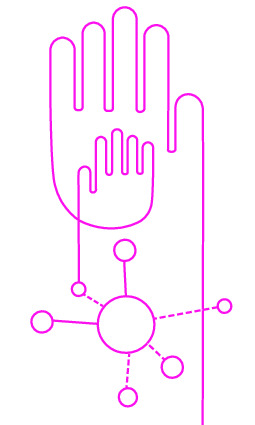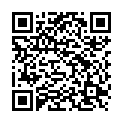|
|
|
| Module code: PdK-201 |
|
|
2V+4PS (6 hours per week) |
|
9 |
| Semester: 2 |
| Mandatory course: yes |
Language of instruction:
German |
Assessment:
Oral examination (MP): benotet (N)
[updated 01.10.2020]
|
PdK-201 (P322-0155) Childhood Education, Bachelor, ASPO 01.10.2017
, semester 2, mandatory course
PdK-201 (P322-0155) Childhood Education, Bachelor, ASPO 01.10.2019
, semester 2, mandatory course
|
90 class hours (= 67.5 clock hours) over a 15-week period.
The total student study time is 270 hours (equivalent to 9 ECTS credits).
There are therefore 202.5 hours available for class preparation and follow-up work and exam preparation.
|
Recommended prerequisites (modules):
None.
|
Recommended as prerequisite for:
|
Module coordinator:
Studienleitung |
Lecturer:
Prof. Dr. Charis Förster
Prof. Dr. Iris Leisner-Ruppin
[updated 12.09.2018]
|
Learning outcomes:
After successfully compelting this course, students will have specialized themselves in basic topics of childhood education and will be able to recognize and evaluate current social challenges.
They will understand historical developments in institutional education, upbringing and care and will be able to transfer them to the current situation.
They will be familiar with theories on education, upbringing and socialization and can integrate their relevance into current practical concepts.
They will have an overview of national and international educational plans and can derive foundations for specific concepts and alternative actions in pedagogical work.
Students will also be able to critically evaluate different concepts of action in the context of ethical issues and recognize them as the basis for professional action.
They will be familiar with the institutional structure of early childhood education and care and can identify challenges in this context.
They will also be able to derive and evaluate conclusions for the design of pedagogical interactions.
Students will acquire specific knowledge on selected topics in childhood education.
For example, they will acquire systematic knowledge in the context of educational play, media pedagogy, movement and sex education and will be able to transfer this knowledge to the individual learning processes of a child.
[updated 01.10.2020]
|
Module content:
History of institutional education, education and care, theories of education, upbringing and socialization, national and international educational plans and concepts, educational play, overview of childhood educational institutions and fields of work, childhood in cultural comparison
[updated 01.10.2020]
|
Teaching methods/Media:
-Lecture
-Exercises
-Work in small groups
-Independent study
[updated 01.10.2020]
|
Recommended or required reading:
Recommended literature will be announced at the beginning of the course.
[updated 01.10.2020]
|


